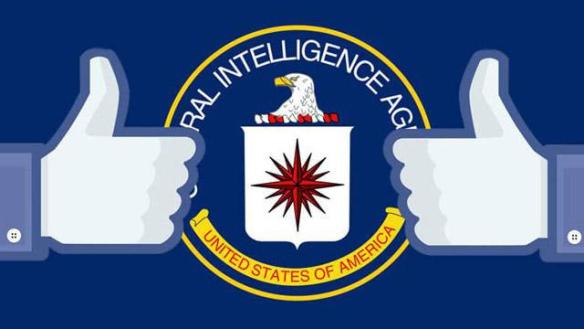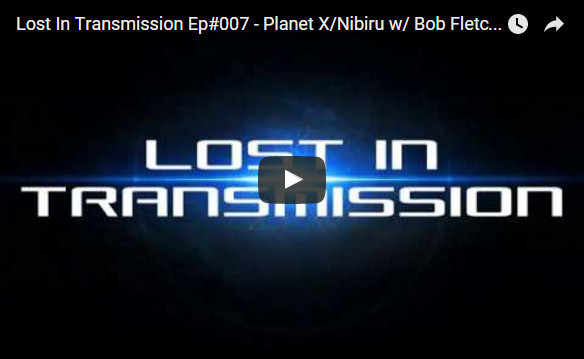
There is no denying that we live in a social media world. Every activity is tweeted or posted, photos are edited and shared, and private thoughts are broadcast for the world to see. Social media has changed the way we have relationships with friends and loved ones and the way we interact with employers and clients. The CIA had to put some serious thought into how social media can and will affect their ability to effectively gain new intelligence, and new employees.
“OBVIOUSLY, SECRECY AND SOCIAL MEDIA ARE AT ODDS WITH EACH OTHER,” CIA HIRING CHIEF RON PATRICK
On one hand, social media can provide valuable insight into wanted targets as well as prospective employees. The CIA would have been foolish to disregard social media as a relevant tool. They even opened their own Facebook and Twitter accounts in 2014, with the goal of sharing necessary information as well as interesting history tidbits. From the CIA website:
“By expanding to these platforms, CIA will be able to more directly engage with the public and provide information on CIA’s mission, history, and other developments,” said CIA Director John Brennan. “We have important insights to share, and we want to make sure that unclassified information about the Agency is more accessible to the American public that we serve, consistent with our national security mission.”
Yesterday, CIA released 750,000 pages of declassified intel papers, records & research files to @USNatArchives. However, social media also poses new problems the agency has to face. For example, if the CIA is able to gain information into a prospective employee from their social media accounts, foreign intelligence agencies would also be able to do the same, making “undercover” operations significantly trickier.
Years worth of photos, likes, dislikes, and relationships could be found about a person from their social media profiles, which is valuable information to an intelligence agency wishing to keep a CIA officer from discovering information.CIA Deputy Director David Cohen said to NPR: “From the standpoint of a clandestine officer seeking to create and maintain her cover — perhaps the most fundamental element of espionage — this can pose a real challenge… We must find ways to protect the identity of our officers who increasingly have a digital footprint from birth,” Cohen said. “Likewise, having no digital trail can raise suspicions too. We also have to figure out how to create digital footprints to support cover identities.”
From that standpoint, one of the most important social media points the CIA makes is for prospective employees to explicitly not mention the CIA in any regard, or interact with the CIA in any way on social media. They have previously disqualified applicants for posting on social media about their CIA interviews, as they explicitly tell applicants to not do this it becomes a question of honesty and integrity. CIA hiring chief Ron Patrick told CNN “Once we’ve expressed some serious interest in their application we say: Don’t follow us, don’t like us. And if they have, we asked them to back off a bit.” However, the CIA does want their potential employees to have social media accounts, as many of the agency’s targets are active on social media. It also can look suspicious for a previously active user to suddenly “go dark” on social media. Ultimately, the CIA wants their employees to appear just like everybody else on social media, without posting their affiliation with the agency at all ( via midnightinthedesert.com ).
Click below to hear this great interview with investigative researcher Bob Fletcher about everything from Planet X to CIA drug smuggling to underground cities for the elite!
Subscribe to our YouTube channel

